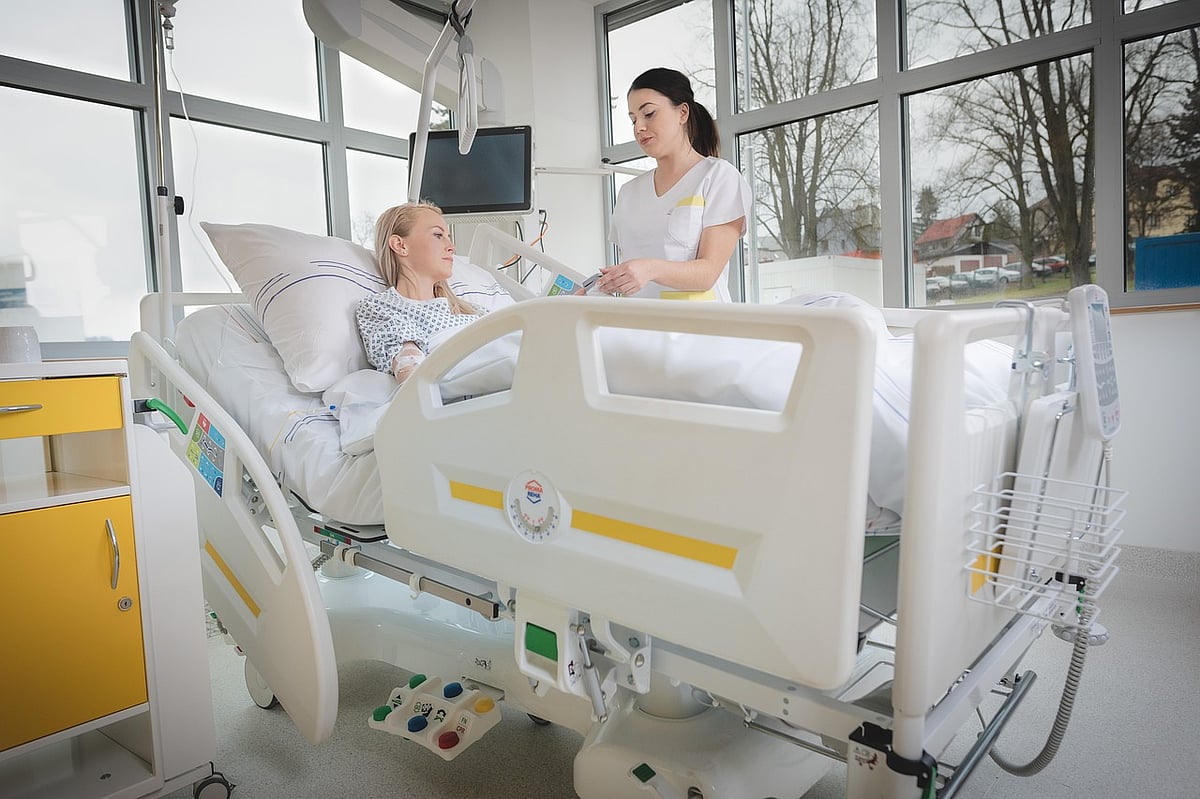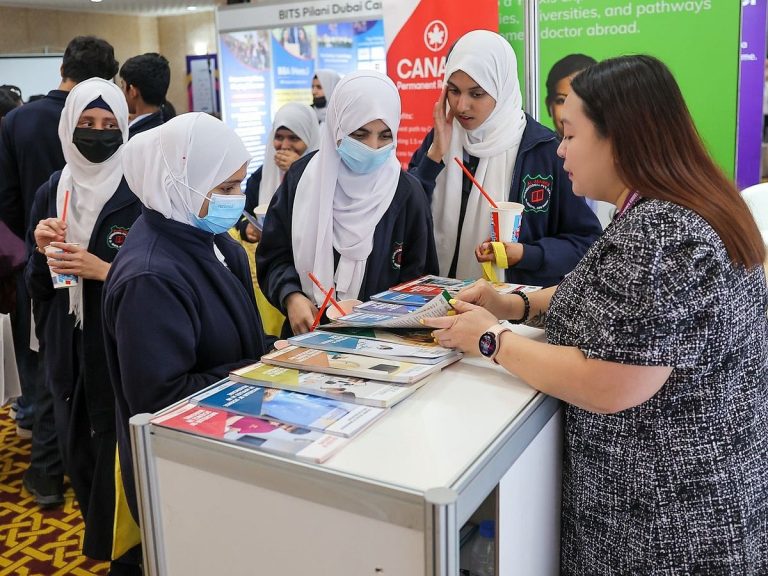Dubai Launches Virtual ICU Pilot to Enhance Patient Care
Dubai Health is embarking on an innovative pilot program aimed at enhancing critical patient care through the use of artificial intelligence. This initiative, known as the Virtual ICU, is currently being tested at Al Jalila Children’s Hospital, where it monitors patients in real time and alerts medical staff to any signs of distress.
How the Virtual ICU Works
The Virtual ICU employs advanced AI technology to observe patients’ movements, skin tone, and vital signs. According to Hend Majed Al Abbar, Director of the AI Enablement Department at Dubai Health, the system utilizes AI cameras strategically placed in the ICU. These cameras monitor patients continuously, ensuring that any signs of discomfort or dangerous movements trigger immediate alerts to the nursing staff.
The pilot program is integrated with Salama, Dubai Health’s electronic medical record system, allowing for seamless tracking of critical vital signs such as heart rate and blood pressure. This integration enhances the ability of healthcare professionals to respond swiftly to changes in a patient’s condition. Additionally, the initiative is being conducted in collaboration with the National Children’s Hospital in Washington, D.C., which is remotely monitoring the ten ICU beds involved in the trial.
Future Plans for Implementation
Currently in its testing phase, the Virtual ICU is set to go live in December at Al Jalila Children’s Hospital. Following the launch, Dubai Health plans to evaluate the system’s effectiveness and explore opportunities for expanding its use to other ICUs across the city’s healthcare facilities. Al Abbar emphasized the potential benefits of the Virtual ICU, noting that it could significantly improve patient safety and outcomes by facilitating earlier interventions.
Broader AI Initiatives in Healthcare
In addition to the Virtual ICU, Dubai Health is also piloting Virufy, an AI-driven smartphone application designed to analyze the sounds of a patient’s breathing and cough. This tool aims to assist in the early detection of respiratory diseases. Currently implemented in Nad Al Hamar Clinic and Al Barsha Clinic, the application is in the research phase, with data being collected to assess its predictive accuracy.
Al Abbar highlighted that the Virufy project is part of a broader collaboration with Dubai Future Solutions’ Prototypes for Humanity program. The results from this study will inform future developments and potential implementation strategies.
Both the Virtual ICU and Virufy initiatives represent significant advancements in Dubai’s commitment to integrating AI into healthcare. These technologies are designed to support healthcare professionals, enhancing their ability to provide timely and personalized care to patients and their families.
FAQs
What is the purpose of the Virtual ICU?
The Virtual ICU aims to monitor critical patients in real time using AI technology, allowing for quicker responses from nursing staff in case of distress.
When will the Virtual ICU be fully operational?
The Virtual ICU is expected to go live in December at Al Jalila Children’s Hospital, after which its effectiveness will be evaluated for potential expansion to other facilities.
How does the Virufy application work?
Virufy analyzes the sounds of a patient’s breathing and cough to help identify respiratory diseases, currently being tested in specific clinics for research purposes.
Conclusion
Dubai’s pilot programs for the Virtual ICU and Virufy signify a pivotal step towards integrating AI into healthcare, enhancing patient monitoring and care. As these initiatives progress, they hold the promise of improving outcomes for critically ill patients and advancing the overall quality of healthcare in the region. Future evaluations will determine the scalability of these technologies across Dubai’s healthcare system.
The introduction of the Virtual ICU and Virufy reflects a growing trend in healthcare to leverage technology for improved patient outcomes. As healthcare systems worldwide increasingly adopt AI solutions, Dubai is positioning itself as a leader in this transformation. The integration of such advanced technologies not only aims to enhance patient safety but also to optimize resource allocation within hospitals, potentially alleviating the burden on healthcare staff.
Furthermore, the collaboration with the National Children’s Hospital in Washington, D.C., underscores the importance of international partnerships in advancing medical technology. By sharing expertise and resources, these institutions can enhance the effectiveness of their respective programs and contribute to a global dialogue on best practices in critical care. As the pilot programs progress, ongoing assessments will be crucial in determining their long-term viability and impact on healthcare delivery in Dubai and beyond.
Also Read:
Dubai RTA Launches Monitoring System for Delivery Riders







